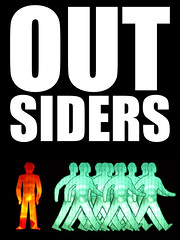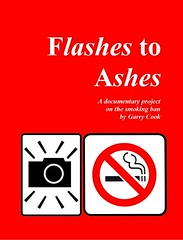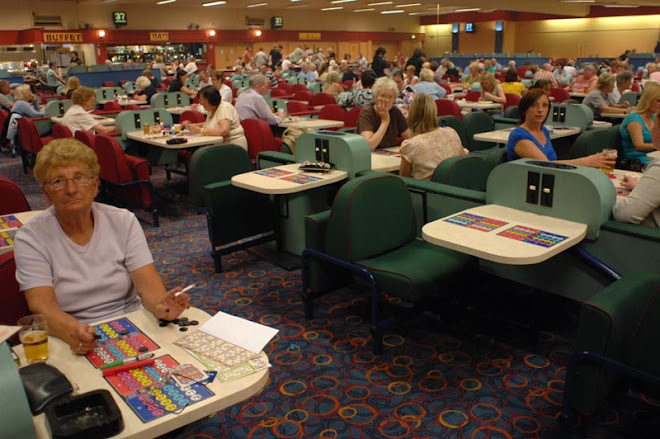Sky News are running a great set of ads on their channel at the moment. They feature their own journalists whoa re based in various parts of the world, such as Holly Williams, speaking of their dedication to storytelling and responsibility to tell the world the events they have witnessed.
Then there’s this talented photographer called Yuri Kozyrev. Born in Moscow, he now works for Dutch agency Noor, covering major conflicts around the world.
In the last nine months he’s been in Yemen, Bahrain, Egypt and Libya. He said of the 2011 uprising in Yemen ‘it was important to be there and witness what was happening’.
He produced some amazing images which were on display at this year’s Visa pour l’Image. They won the Visa d’Or News award.
What Zozyrev and the Sky reports have in common is a huge desire to tell the stories they witness. They often risk their lives to do so, as photographers Tim Hetherinton and Chris Hondros proved when they were killed in Misrata, Libya, earlier this year.
But it’s not enough. Not enough impact. Not enough to risk your life for. Modern-day life hardly allows for any consideration of other people’s lives. Too many people show too little interest in what’s happening in their own country, nevermind in Yemen.
For example there has hardly been any public outcry over the atrocities currently taking place in Syria. In Libya, the revolution has hardly been the subject of office debate. Not in my office anyway.
Yet these journalists and photographers are passionate and dedicated to their jobs.
We just don’t see it. We don’t see it in their three-minute news reports on Sky. We don’t see it in the images of photographers like Kozyrev – mainly because these image-makers struggle to get their work seen at all.
Should these people be writing down their experiences? Would the written word make a difference? If Kozyrev thinks it is so important to witness important world events, why doesn’t he write about them also? Doing so would increase the impact of his work. He would immediately be doubling the possible media outlets for the vents he has covered.
But more important than that his words would serve as written evidence when events are digested at a later time. They will become historical evidence, ultimately enhancing his imagery.
There is little doubt that people like Williams and Kozyrev and their equals are witnessing world events or covering important stories. But, with a Sky News report, blink and you’ll miss them. With a set of images you’ll be lucky to get the chance to see them. There are way too few outlets for documentary photography.
This is a major problem. And with all the new outlets for photography and video: websites, blogs, iPads, tablets and mobile phones, there is still one major problem.
And that is no-one, absolutely no-one, has found a way to make these outlets pay.
Adding text to images or a diary to a news report infinitely enhances the importance and impact of a piece of work. But there will be no financial pay off in doing this – just a moral duty to document what has been witnessed for all to see.
Is that why photographers and news-makers don’t write down what they see? Is this why you never hear the term photojournalist anymore?
NOTE: Hetherington tried this diversification technique with his documentary film Restrepo. It ended up being nominated for an Oscar. It possibly made more impact than any of his photos.




No comments:
Post a Comment